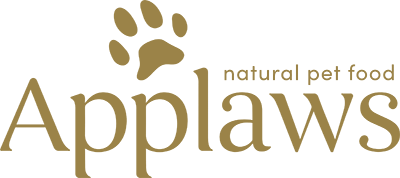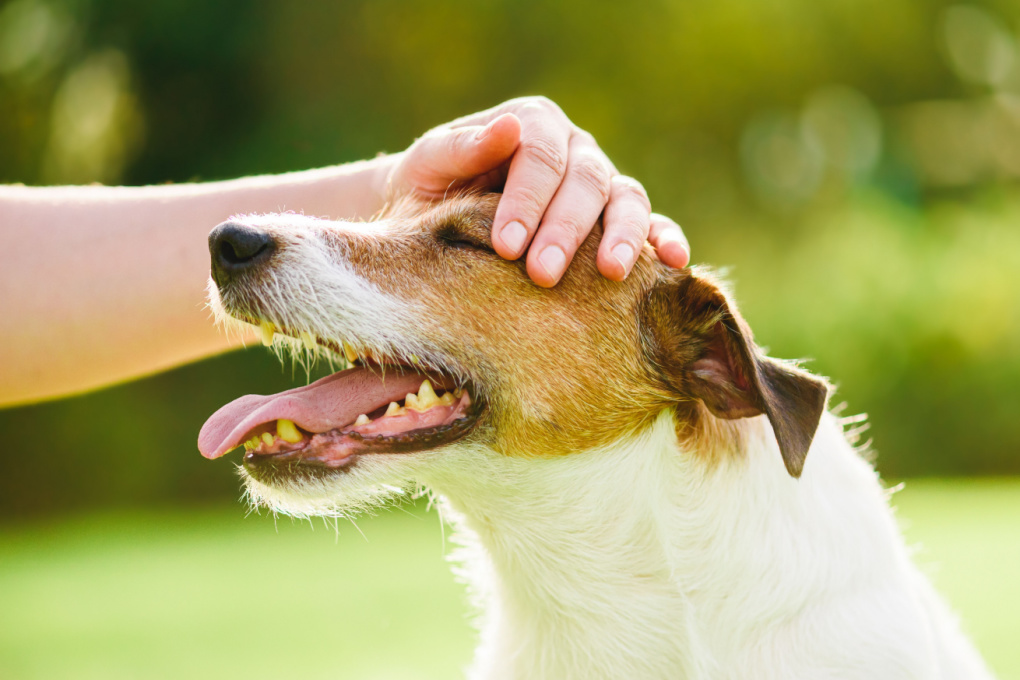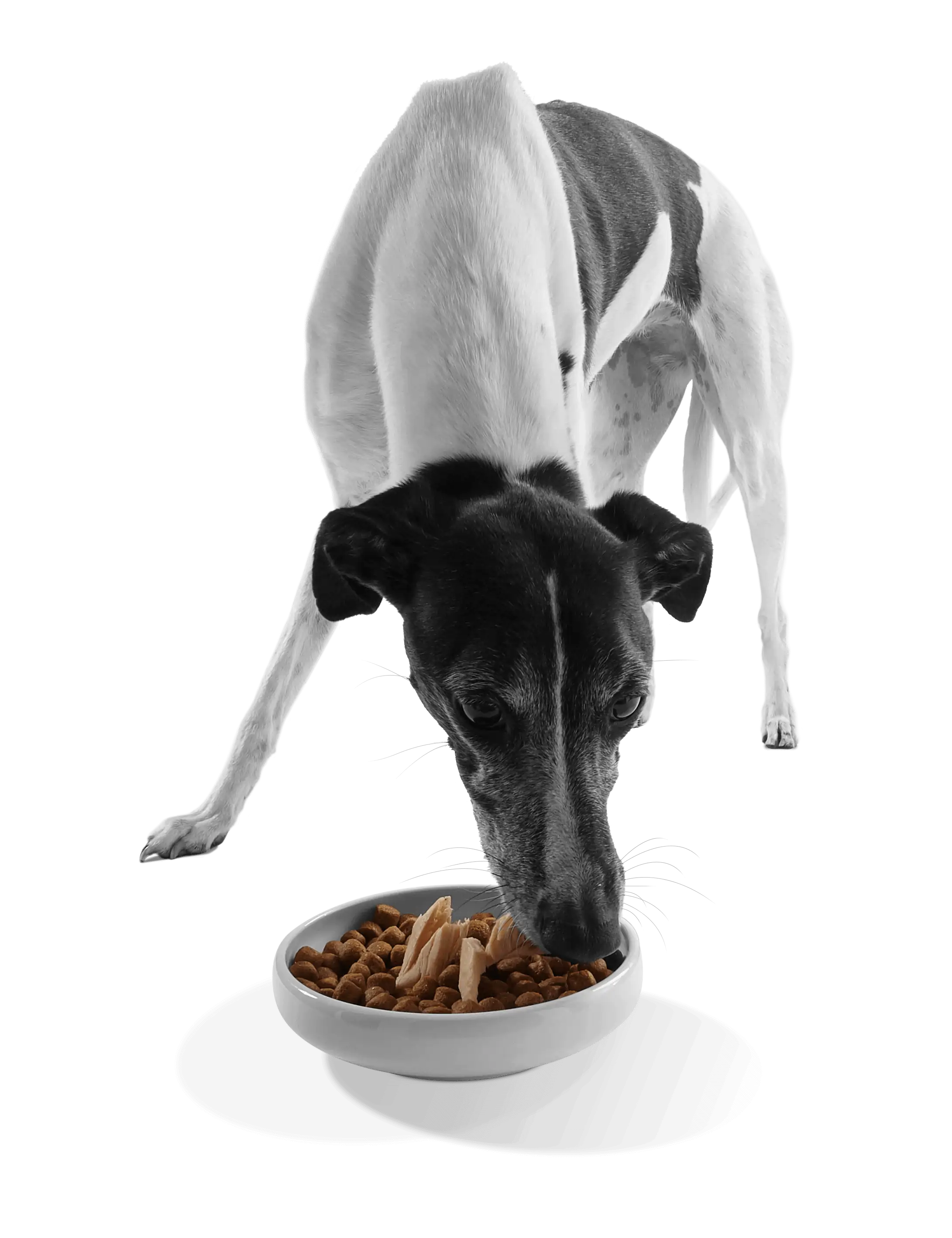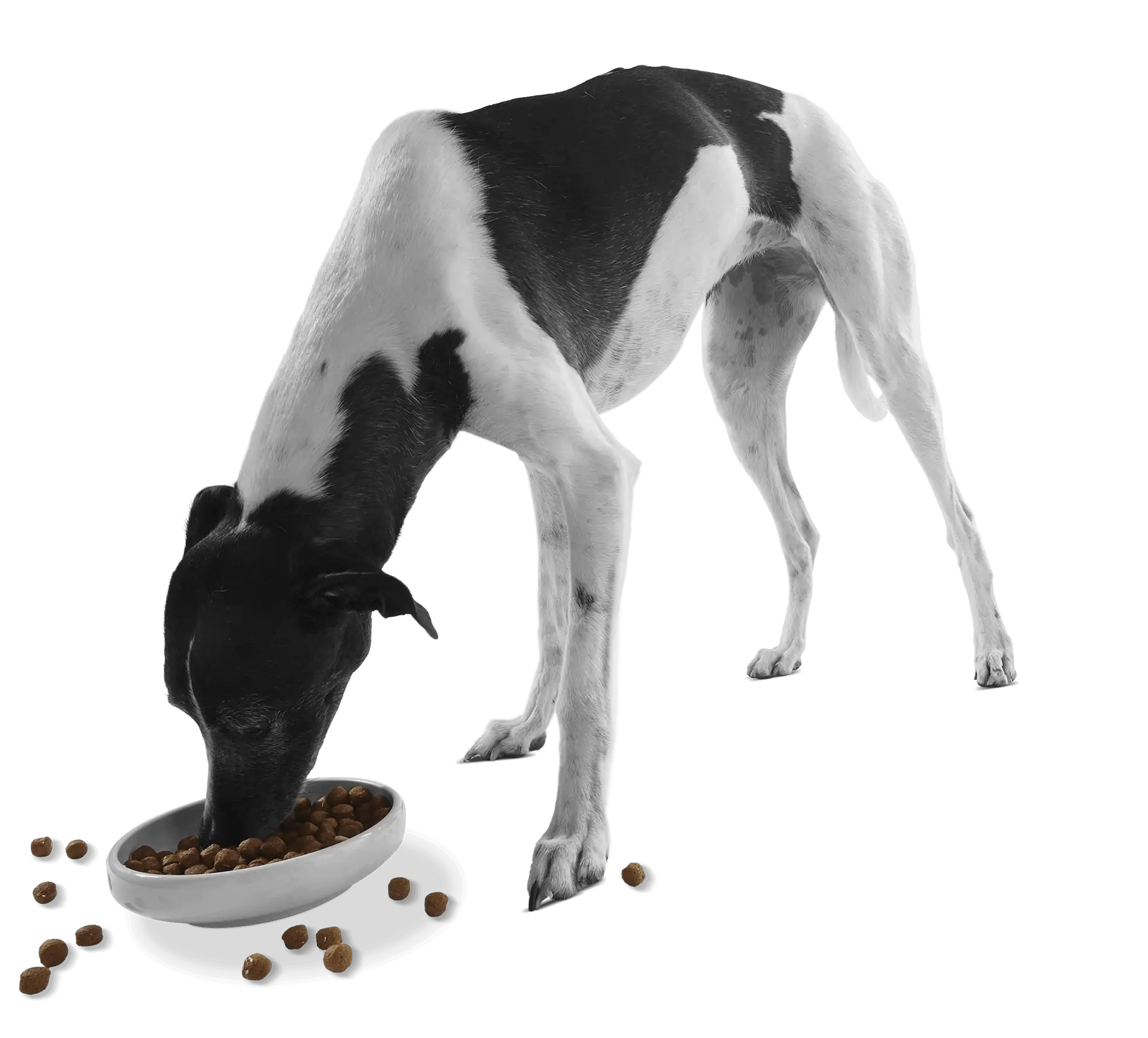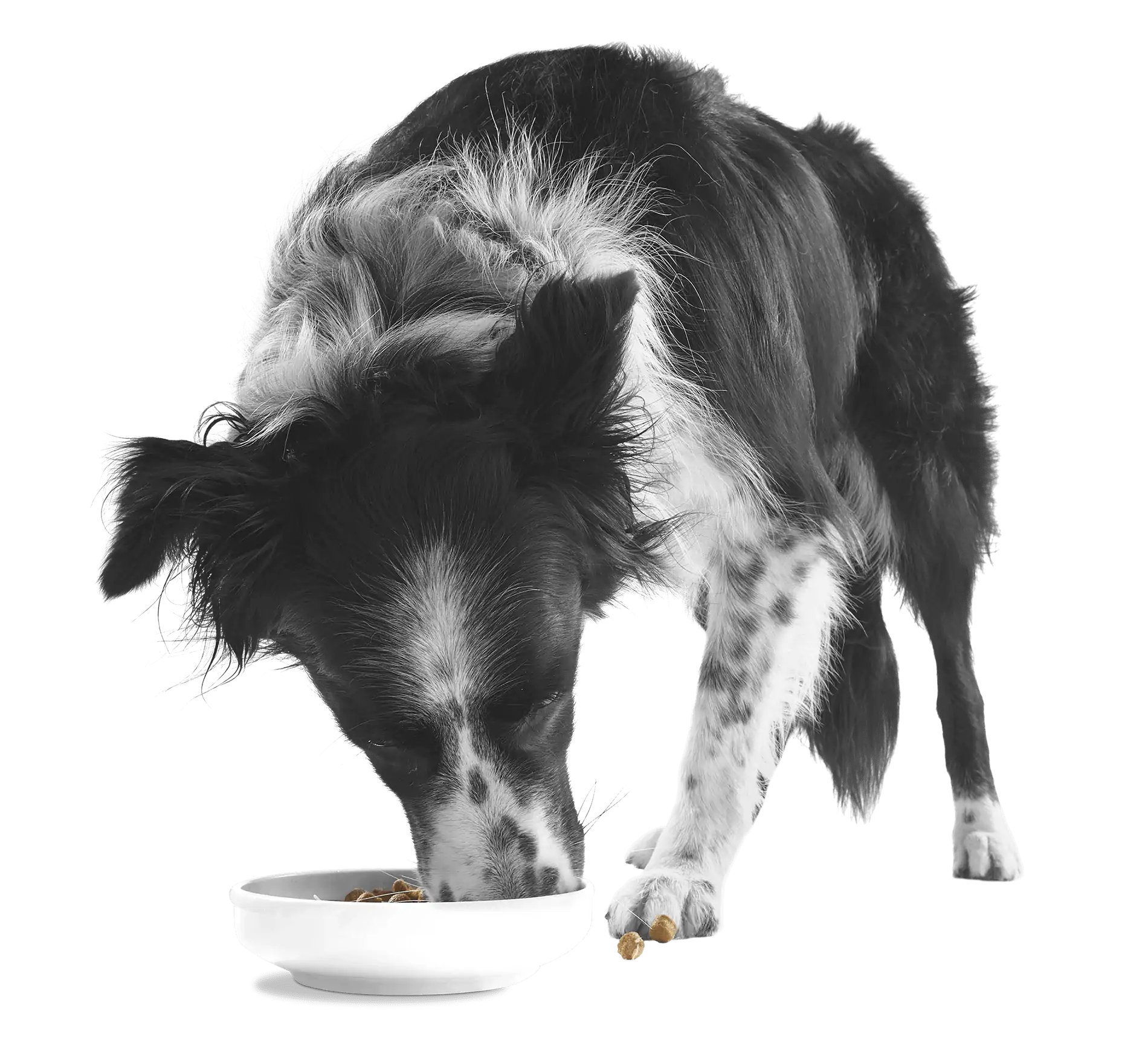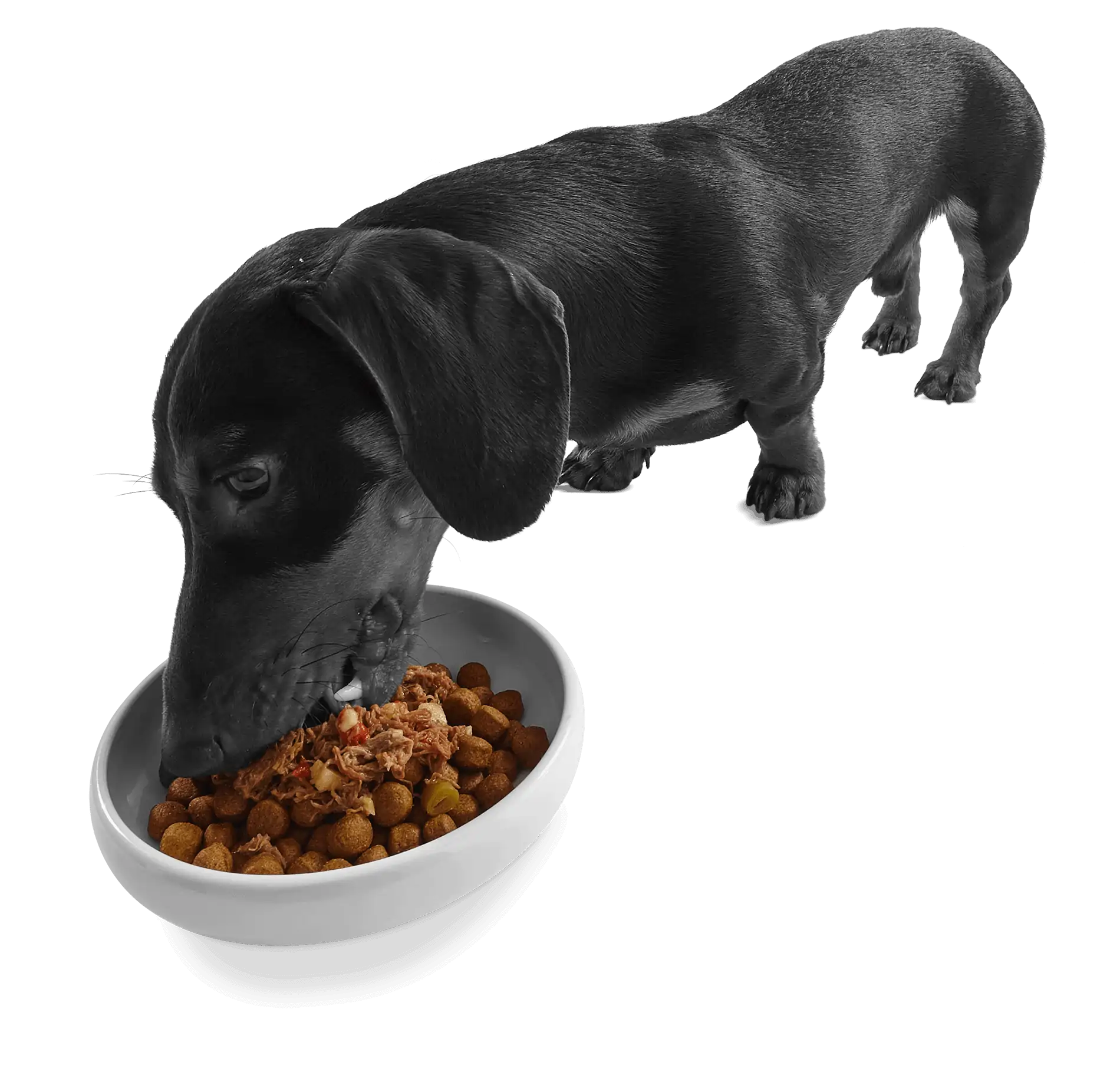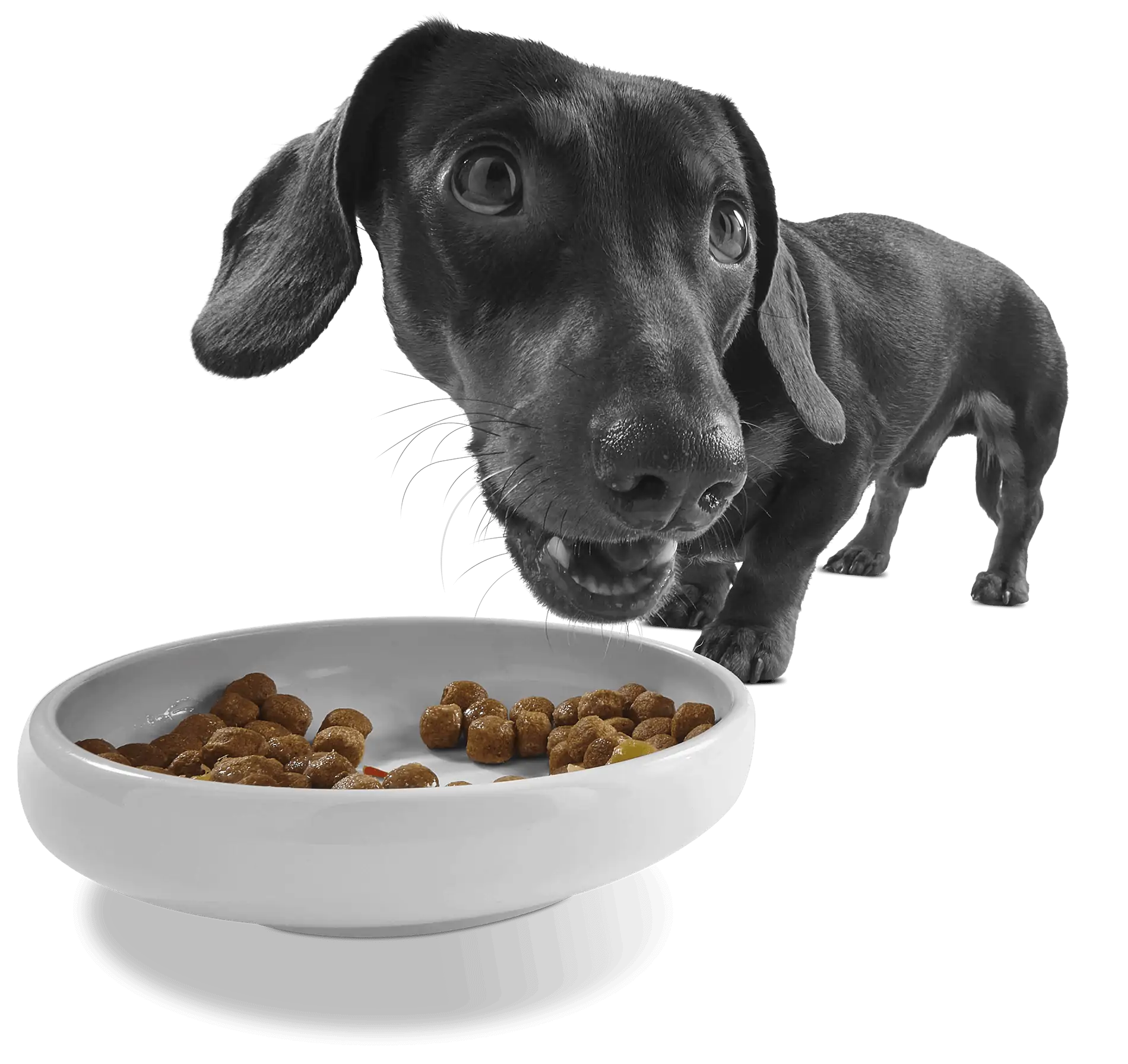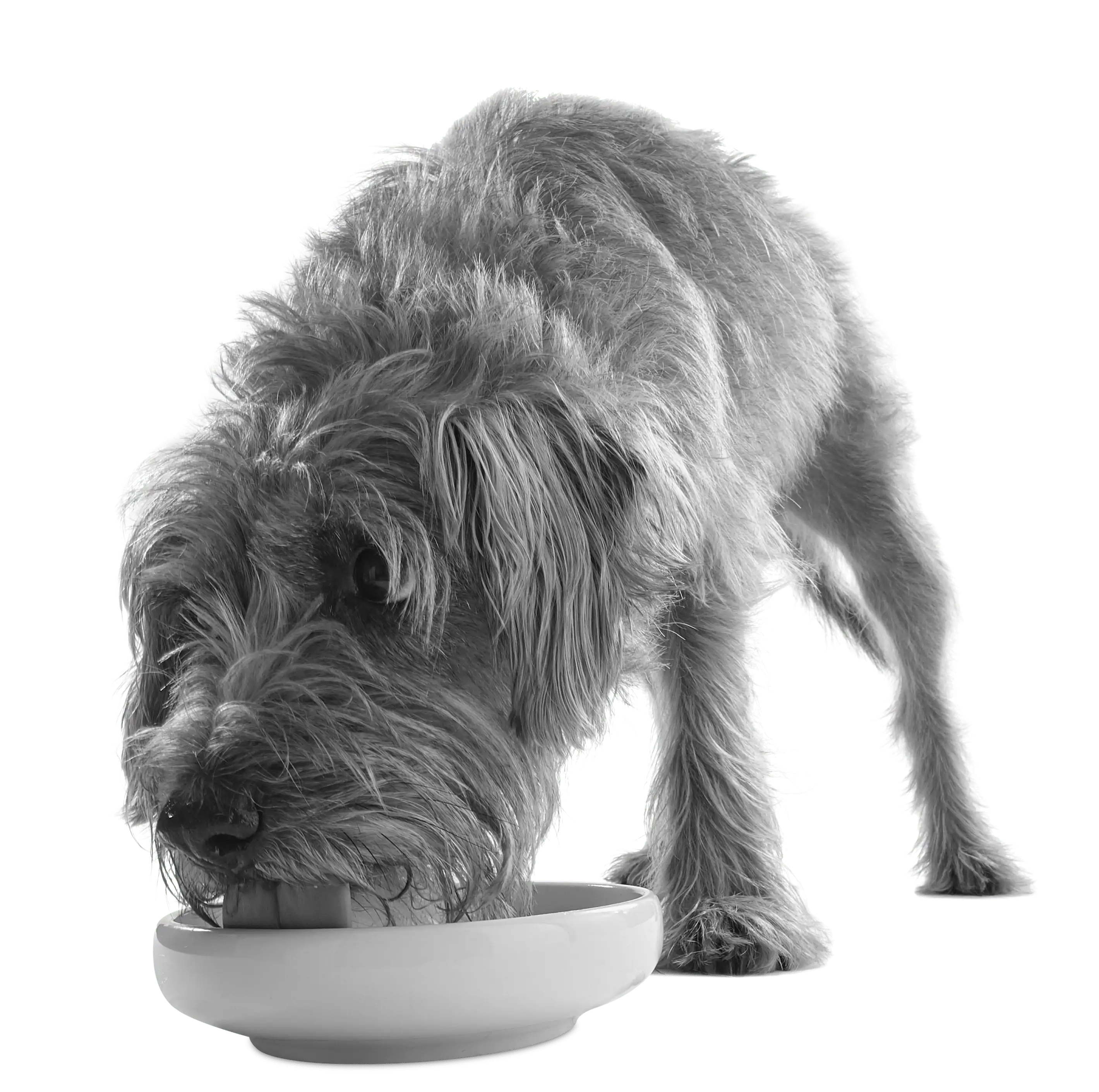Dogs are often the apple of any pet parents’ eye.
They’re a big part of our family so it’s only natural that we’d want the best for them.
The way to a canine’s heart is usually through their stomach so their human companions tend to lavish them with healthy and nourishing treats.
Naturally, given their fibrous and vitamin enriched qualities, you might be inclined to fill their bowls with fruit.
But is nature’s treasure, in its various guises, a safe and nutritional snack for our four-legged friends?
Many will, understandably, steer clear of unfamiliar food types, with the worry of compromising their fur baby’s well-being.
Consuming the wrong foods can be dangerous to dogs and can lead to long-term health problems. A selection of fruit and vegetables fall into this category.
Common fruits that dogs can eat
Dogs are omnivores, so plying them with fruit and vegetables isn’t a necessity when it comes to providing a complete and well-balanced diet.
They’re not a dietary requirement when taking their health, happiness and strength into account, but they’re a handy treat if shared in bite-size pieces.
Cutting fruit into smaller, digestible chunks will limit the risk of choking, as dogs aren’t exactly renowned for their table manners or decorum.
However, fruit salads, even with the appropriate options, should be fed in moderation, alongside their normal diet, due to its high sugar content.
It’s also imperative that pet parents ensure that any fruit is served plain, as coatings such as chocolate can be poisonous and pose a serious risk.
Here’s a list of fruits that fall into the ‘safe’ category.
- Apples – An excellent source of vitamins A and C and fibre
- Bananas – High in sugar, but also rich in potassium, vitamins, biotin and fibre
- Blueberries – A superfood rich in antioxidants, which prevent cell damage
- Cantaloupe – Low in calories, packed with nutrients, added water content, but high in sugar
- Cranberries – Safe in small quantities, but overfeeding can lead to upset stomachs
- Mango – High in sugar, but contains vitamins A, B6, C and E
- Orange – An excellent source of vitamin C, potassium, and fibre
- Peach – A great source of fibre and vitamin A
- Pears – High in copper, vitamins C and K and fibre
- Pineapple – Filled with vitamins, minerals and fibre
- Raspberry – Low calorie, low sugar treat, high in fibre and vitamin C
- Strawberries – Very sugary, but full of fibre and vitamin C
- Watermelon – Great for hydration and contain vitamin A, B-6, and C as well as potassium
Common fruits that dogs cannot eat
A tasty and tempting rainbow of fruit would only have positive connotations when connected with human consumption.
A multi-coloured mixture of fruit would also look inviting and enticing to our food-loving fur babies, who would usually swallow anything they could get their paws on.
Allowing your pet to eat healthy and wholesome produce might seem harmless and the right thing to do, but some of the options on show in your fruit bowl can be considerably damaging and detrimental to your dog.
Certain fruits are dangerous; they can cause severe discomfort, tummy upset, blockages, while their toxicity can lead to diarrhoea and sickness. If you fear that they’ve come into contact with any of the following fruits, please contact your veterinarian as a matter of urgency.
- Avocado – The pit, skin, and leaves of avocados contain the toxin persin
- Cherries – The pit/stones contain cyanide which is poisonous to dogs
- Grapes/raisins – Extremely toxic to dogs and can cause kidney failure
- Grapefruit – The acidity can unsettle your dog’s stomach quite quickly
- Lemon – Very acidic which can upset your dog’s tummy
- Lime – Similarly to lemon, this citrus fruit is very acidic
- Plums – The stone/pit is toxic and can cause blockages
- Rhubarb – Another toxin that can cause internal discomfort
- Tomato – The ripened fruit is considered safe, the green parts of the plant contain a toxic substance called solanine.
How often can my dog eat fruit as part of a healthy diet?
The occasional bite-size piece of fruit shouldn’t throw a banana skin in your dog’s diet.
The right types of fruit, served in moderation, can actually benefit your beautiful barker.
They’re packed with vitamins, minerals, antioxidants and fibre, which can play a supporting role alongside a well-balanced diet.
Fresh fruit, however, also contains extra calories, so be sure to reduce their daily food allowance to ensure they don’t finish in a surplus.
Too many treats, of any type, on top of a normal diet, can cause weight gain in our canines.
Better safe than sorry
It is crucial for pet parents to gain a full understanding of which ‘forbidden fruit’ should remain untouched in their Garden of Eden. Steer clear of these ‘evil’ options at all costs because they can cause significant harm to your happy and healthy housemate.
If you suspect that they’ve eaten something poisonous or toxic, don’t wait until the symptoms start to kick in. Get in touch with a professional at the earliest possible opportunity so that they can be assessed and treated immediately.
It’s always better to be safe than sorry!
If you found this post helpful, you may also like:
